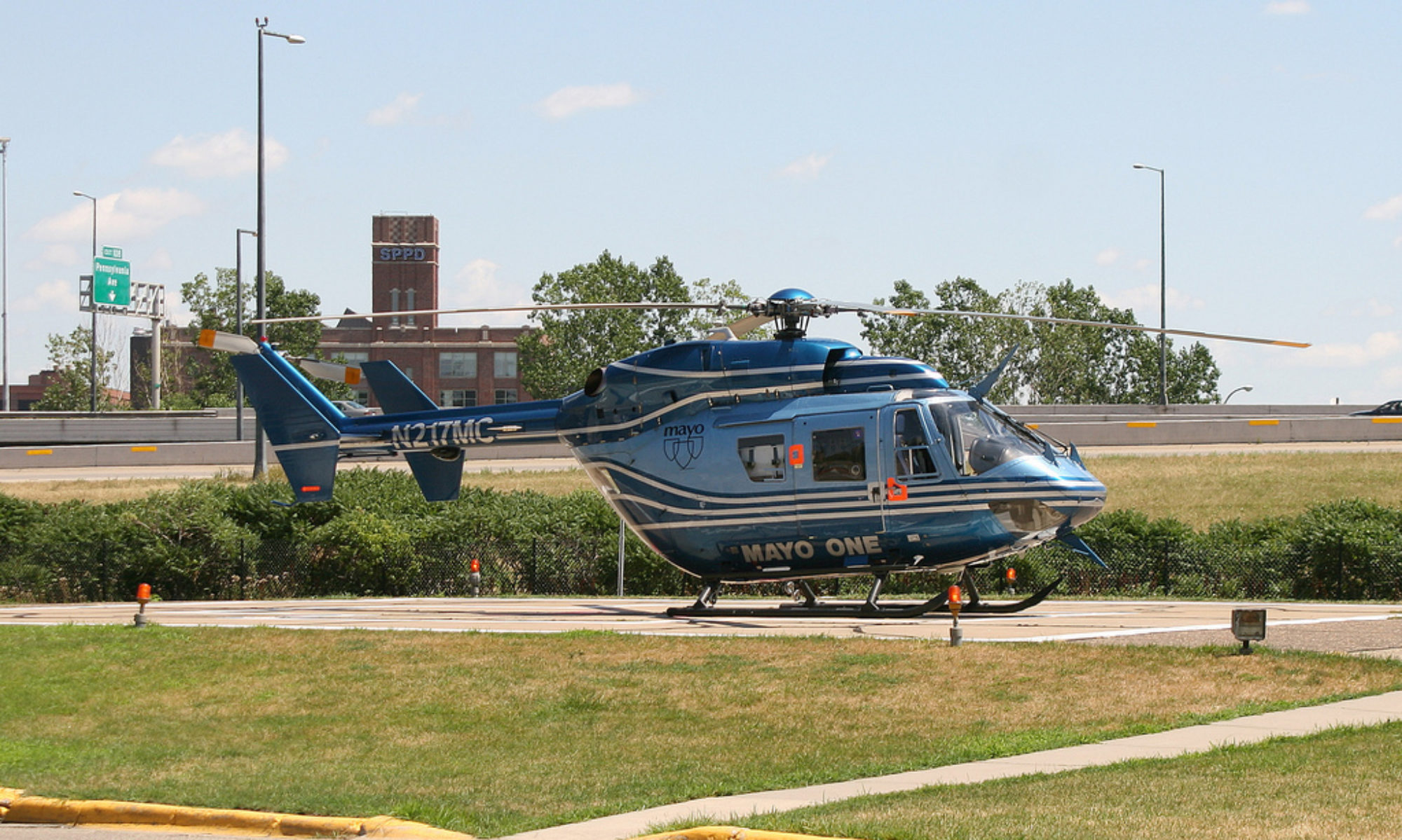I was introduced to the work of Prof. DeSteno through the EdX course, Empathy and Emotional Intelligence at Work. An article written by DeSteno was assigned, which simply laid out three emotions useful in goal achievement. These three are, Gratitude; Compassion; and Pride. I instantly saw compassion and pride relating to EMS. Gratitude seems generic and could fit any profession.
Compassion and Pride: The Low hanging fruit
So as not to gloss over compassion and pride, allow me to address those emotions first. Compassion is why many of us got into EMS. And hopefully, it is what drives us to continue toiling odd hours, in all types of weather. There are degree to which compassion comes easy. I’ll get more into this with my exploration of gratitude, because I am finding they go hand-in-hand. I am not even sure, in a context of EMS, compassion and gratitude are mutually exclusive.
Pride is necessary for personal satisfaction. DeSteno wrote:
When [pride] is authentic, it signals to others that you are a capable and reliable person, which is how it evolved in the first place—as a way to raise one’s status in a group. People with greater authentic pride tend to attain their goals and have higher self-control.
Pride is why many wear EMS shirts and festoon personal vehicles with emblems. It shows we are a part of something important, ready to help and enjoy promoting our profession.
Gratitude: The less obvious
Gratitude instantly brings to mind a gleeful tip to a helpful waiter. The act of being grateful and overjoyed is difficult to plug into the EMS mindset. I am not seeing a lot of gratitude on Twitter to ambulance agencies for be able to earn a check. On the contrary, there is ingratitude for being paid so little.
Similarly, there is no appreciativeness to patients who call for transport so frequently their address causes everyone’s eyeballs to roll. Interestingly, Dictionary.com lists “obligation” as a synonym for gratitude. Yes, we are obligated by law to respond and render aid. But who got into EMS feeling obligated, let alone joyful, to care for someone who requests unnecessary transport? If this was the case, abandonment would not be such an issue!
In the psychological sense, DeSteno found gratitude relates to “greater average patience and self-control.” In the context of a paramedic’s dealing with a frequent caller who has no real need for ambulance transport, issues arise when patience is worn so thin, the encounter results in a disciplinary problem. Self-control fails; words or actions result in less than dignified care.
Turning this seeming negative into a positive, consider specific reasons each patient calls 911. Look beyond their act of calling emergency medical service. You and your partner likely surmise why 911 was called. Even if you cannot do something about it for future encounters, recognizing there is a root cause can soften your demeanor to the person with a perceived need. Be grateful you were summoned. Show compassion for their need, even if it isn’t medical. Take pride in your role as a community outreach provider; be thankful this person did not need lifesaving efforts.
And by all means, pass along this new found view on their situation. Even if your ambulance service does not have a Community Paramedic program, perhaps hospital staff can work to resolve some issues the patient is experiencing. This act of being gracious with your compassion and improve their existence, so you may help others.
